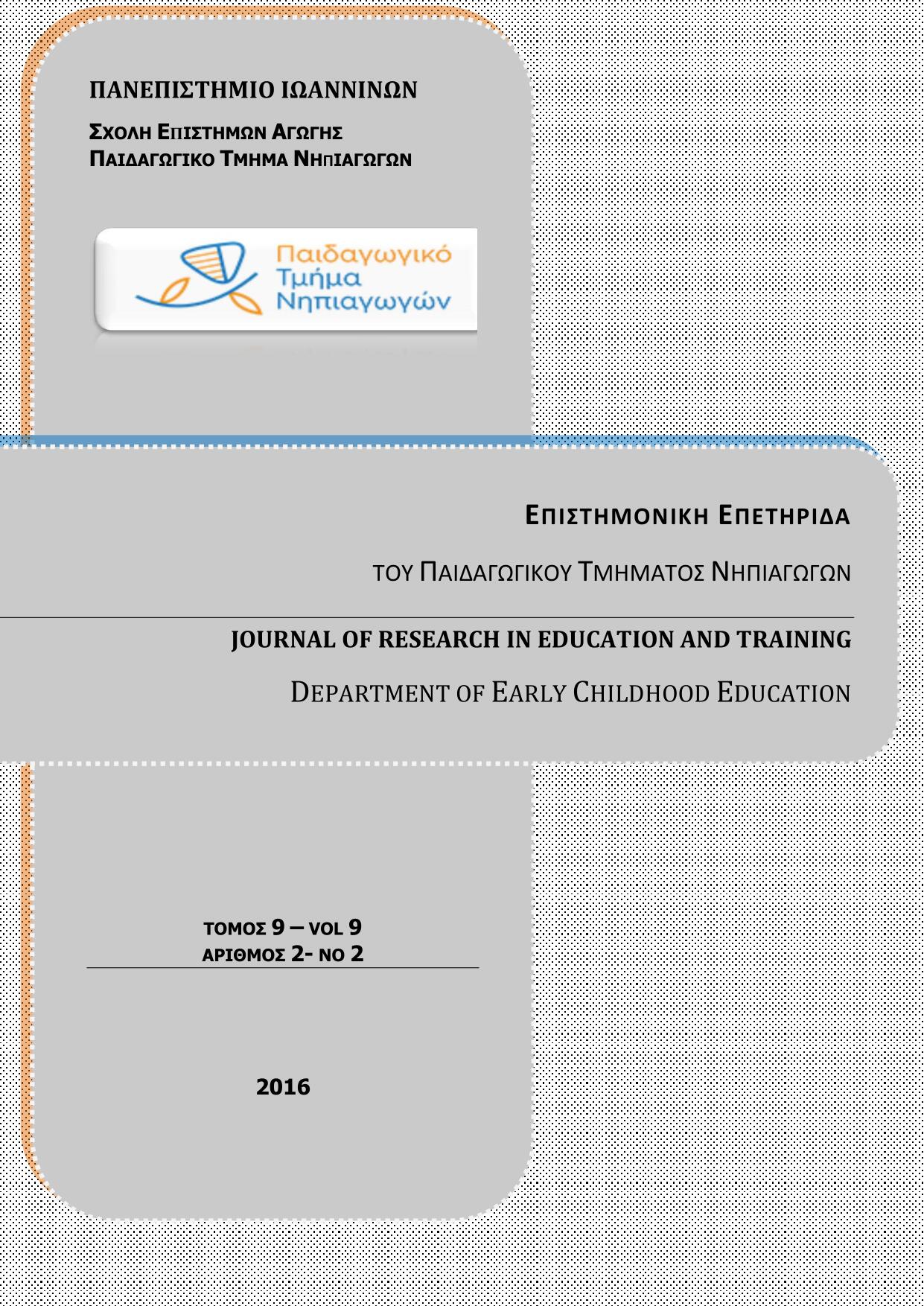Environmental Education Projects as a Framework for Transformative Learning: Practice Insights from the field of Teacher Training

Abstract
Relevant theoretical texts discuss the teaching through the Arts and its contribution to an integrated learning. This paper is an attempt to briefly present a locally focused environmental education project that through transformational learning tried to increase teachers’, pupils’ and generally public awareness and knowledge of heritage issues and to provide the skills that participants need to make appropriate decisions and take actions towards their environment. The first part of this paper describes the whole project as applied in 2000. In the second part, as an attempt to update the above project, an example of A. Kokkos’ method “Transformative Learning through an aesthetical experience” and the model of systematic observation of works of art as developed by D. Perkins are being analyzed step by step regarding the above mentioned teacher’s training. At the final part of the paper one can find conclusions regarding the use of art in the above training example.
Article Details
- How to Cite
-
Μανάβη Χ. (2016). Environmental Education Projects as a Framework for Transformative Learning: Practice Insights from the field of Teacher Training. Journal of Research in Education and Training, 9(2), 144–173. https://doi.org/10.12681/jret.8686
- Issue
- Vol. 9 No. 2 (2016)
- Section
- Articles

This work is licensed under a Creative Commons Attribution-NonCommercial-ShareAlike 4.0 International License.
Authors who publish with this journal agree to the following terms:
- Authors retain copyright and grant the journal right of first publication with the work simultaneously licensed under a Creative Commons Attribution Non-Commercial License that allows others to share the work with an acknowledgement of the work's authorship and initial publication in this journal.
- Authors are able to enter into separate, additional contractual arrangements for the non-exclusive distribution of the journal's published version of the work (e.g. post it to an institutional repository or publish it in a book), with an acknowledgement of its initial publication in this journal.
- Authors are permitted and encouraged to post their work online (preferably in institutional repositories or on their website) prior to and during the submission process, as it can lead to productive exchanges, as well as earlier and greater citation of published work (See The Effect of Open Access).


